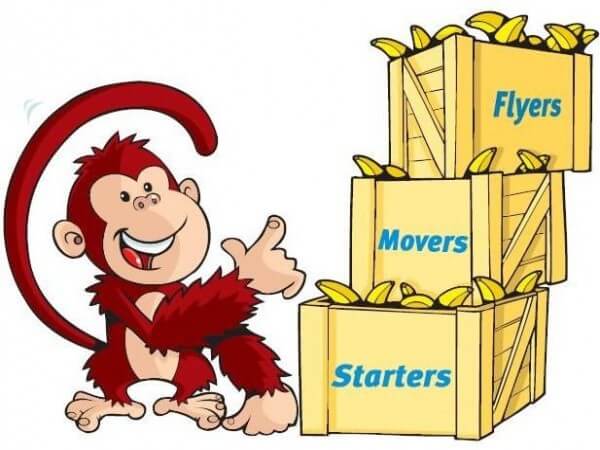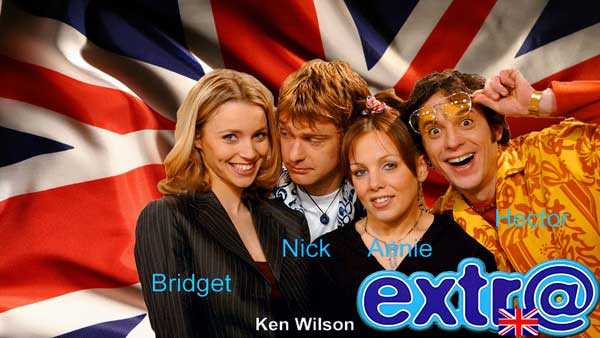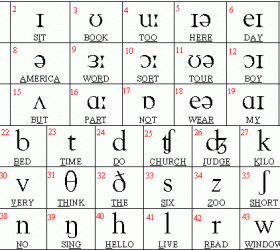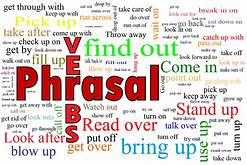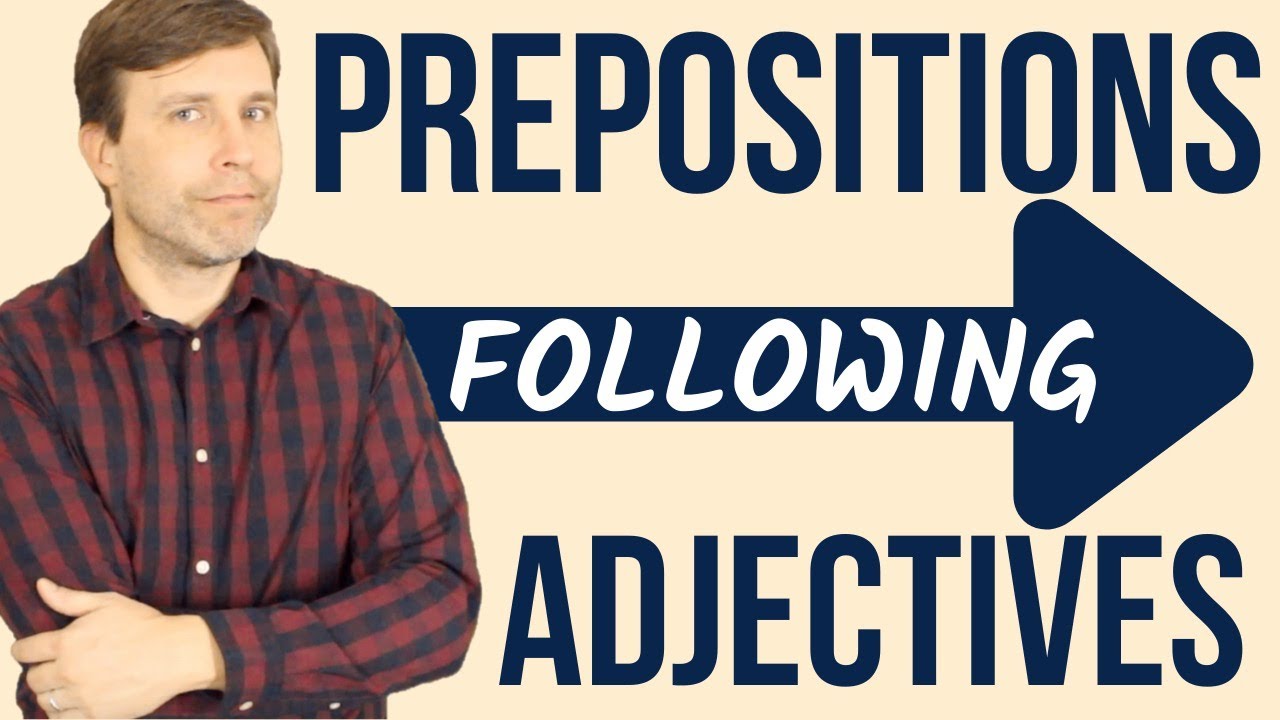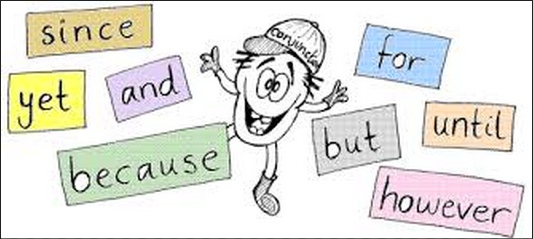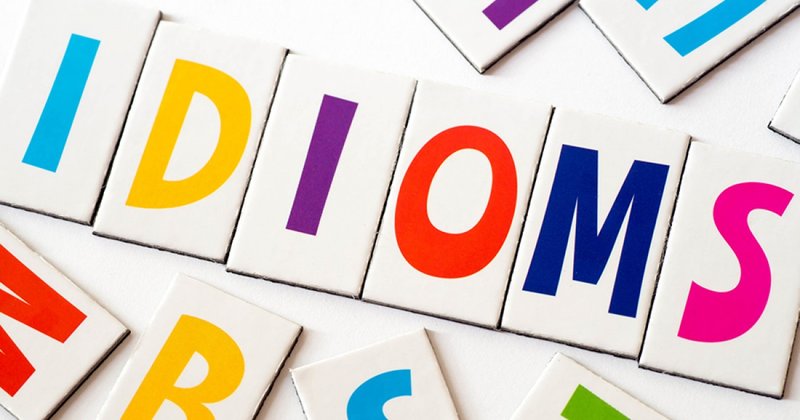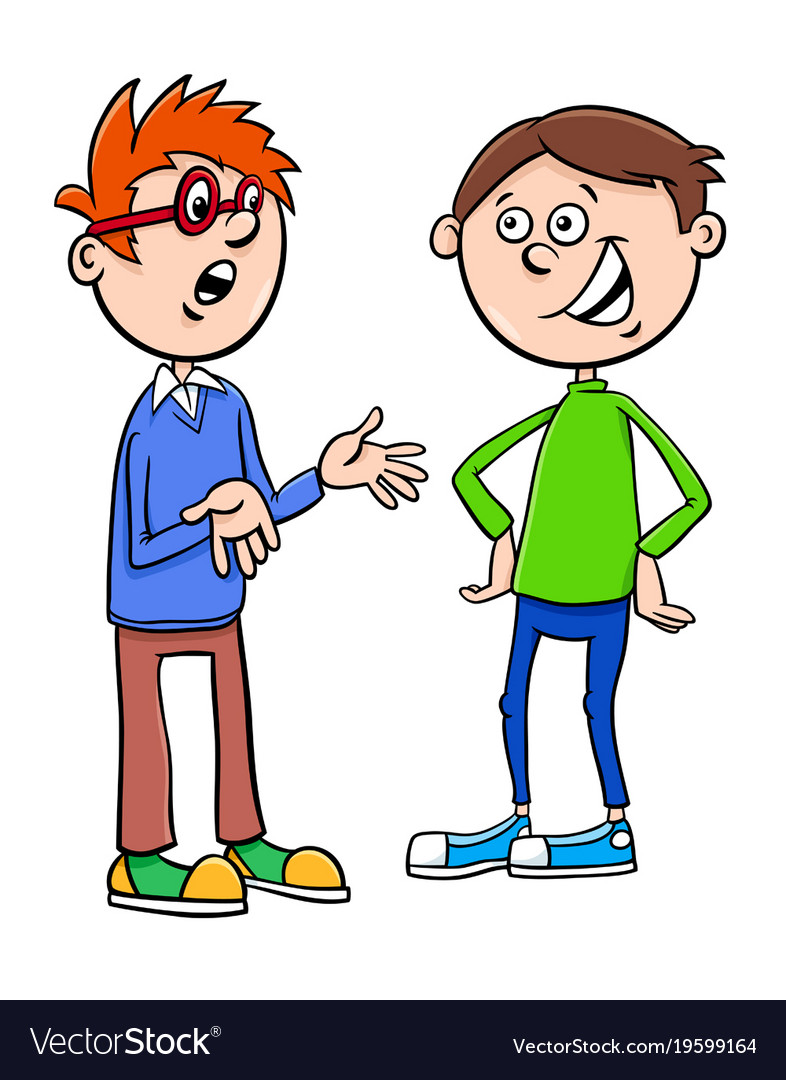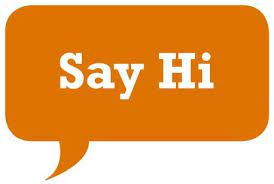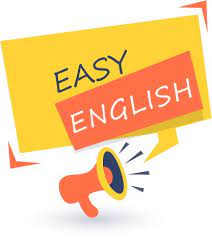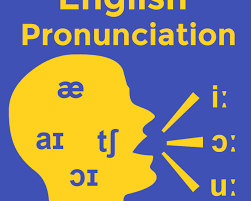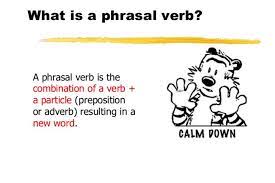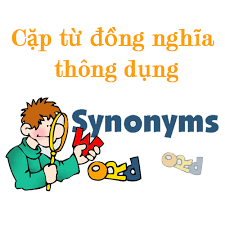Bài tập về Modal Verbs
- CAN / CAN’T: việc nào đó có/không thể xảy ra hoặc người nào đó có/không khả năng làm việc gì.
- COULD / COULDN’T (quá khứ của CAN): thường dùng với các động từ đặc biệt như see, hear, smell, taste, feel, remember, understand.
- BE ABLE TO: dùng thay cho CAN / COULD, dùng khi muốn nói người nào đó đã xoay xở làm được việc gì trong 1 tình huống cụ thể.
- MUST / MUSTN’T: tin chắc một điều gì đó đúng/không đúng sự thật, đôi khi mang nghĩa bắt buộc. MUST nói về hiện tại và tương lai, còn HAVE TO dùng được trong tất cả các thể.
- MAY / MIGHT: việc nào đó có thể xảy ra (ý nghĩa tương lai).
- SHOULD / OUGHT TO: dùng khi muốn đưa ra ý kiến, lời khuyên.
Lưu ý:
-
CAN, COULD, WOULD, MAY: được dùng trong câu đề nghị, yêu cầu cho phép, lời mời (thường là câu hỏi)
-
Các modal verb vẫn được dùng trong tình huống quá khứ: COULD / MUST / MAY / MIGHT / SHOULD + HAVE + quá khứ phân từ
-
Còn đa phần khi dùng thì hiện tại: MODAL VERB + V-bare (động từ nguyên mẫu)
Exercise 1 Complete these sentences with can / can’t, could / couldn’t or be able to (correct form). Sometimes it is possible to use more than one modal verb
1) Tom……………drive but he hasn’t got a car.
2) I can’t understand Martin. I’ve never……………….understand him.
3) He had hurt his leg, so he……………..walk very well.
4) She wasn’t at home when I phoned, but I……………..contact her at the office.
5) I looked very carefully and I……………see a figure in the distance.
6) I used to…………..stand on my head but I can’t do it now.
7) They didn’t have any tomatoes in the first shop I went to, but I……………get some in the next shop.
8) My grandmother loved music. She……………..play the piano very well.
9) Ask Ann about your problem. She should…………….help you.
10) The boy fell into the river but fortunately we……………..rescue him.
Exercise 2 Read a situation and write a sentence with must have or couldn’t have (done). Use the words in brackets
1) That dress you bought is very good quality. (It must / be / very expensive)
2) I haven’t seen Jim for ages. (He must / go away)
3) I wonder where my umbrella is. (You must / leave it on the rain)
4) Don passed the examination. He didn’t study very much on it. (The exam couldn’t / be / very difficult)
5) She knew everything about our plans. (She must / listen / to our conversation)
6) Dennis did the opposite of what I asked him to do. (He couldn’t / understand / what I said)
7) When I woke up this morning, the light was on. (I must / forget / to turn it off)
8) I don’t understand how the accident happened. (The driver couldn’t / see / the red light)
9) The phone rang but I didn’t hear it. (I must / be / asleep)
10) She passed me in the street without speaking. (She couldn’t / see / me)
Exercise 3 Read the situation and decide what you want to say. Use modal verbs
1) You have to carry some heavy boxes upstairs. Ask someone to help you.
2 You want your friend to show you how to change the film in your camera. What do you say to him/her?
3) You’re on a train. The woman next to you has finished reading her newspaper. Now you want to have a look at it. What do you say?
4) You need a match to light your cigarette. You haven’t got any but the man sitting next to you has some. What do you ask him?
5) There is a concert on tonight and you are going with some friends. You think Tom would enjoy it too. Invite him.
6) You’re in the post office. You want three stamps for Japan. What do you say?
7) You’re sitting in a crowded bus. There is an ola lady standing. Offer her your seat.
8) You’re in a car with a friend, who is driving. He is going to to park the car but there is a NO PARKING sign. You see the sign and say…
9) A friend has just come to see you in your flat. Offer him something to drink.
10) You are at the interview. You want to smoke a cigarette. What do you ask?
Exercise 4 Complete these sentences with must (not) or (not) have to (correct form)
1) You really…………work harder if you want to pass that examination.
2) Many children in Britain……………wear uniform when they go to school.
3) Last night Don suddenly became ill. We………….call the doctor.
4) I can stay in bed tomorrow morning because I…………….work.
5) What ever you do, you……………touch that switch. It’s very dangerous.
6) Ann has…………..wear glasses since she was eight years old.
7) I’m afraid I can’t come tomorrow. I…………..work late.
8) I’m sorry I couldn’t come yeaterday. I……………..work late.
9) You…………….forget what I told you. It’s very important.
10) Tom may…………..go away next week.
11) We couldn’t repair the car ourselves. We……………take it to the garage.
12) She………….get up so early. She gets up early because she prefers to.
13) We…………..leave yet. We’ve got plenty of time.
14) When you come to London again, you……………come and see us.
15) I don’t want anyone to know. You………….tell anyone what I said.
Exercise 5 Choose the correct answer
1) Which sentence is correct?
A. We should to leave soon.
B. We should leaving soon.
C. We should leave soon.
2) We………….visit Tom when we are in London.
A. didn’t ought B. ought C. should
3) Which question is correct?
A. We should call the police?
B. Should we call the police?
C. Do we should call the police?
4) Which sentence is correct?
A. We ought have a party to celebrate Kate’s birthday.
B. We ought to have a party to celebrate Kate’s birthday.
C. We should to have a party to celebrate Kate’s birthday.
5) You…………..ride a motorbike without a helmet.
A. shouldn’t B. ought C. ought not
6) Which question is correct?
A. Ought we to tell Jane the news?
B. Ought we tell Jane the news?
C. We ought to tell Jane the news?
7) Which sentence is NOT correct?
A. Nick may have missed the train.
B. Nick must have missed the train.
C. Nick ought have missed the train.
8) Which sentence is NOT correct?
A. I may have left the form at home.
B. He can’t have got lost.
C. Joseph must have forget about the party.
9) We……………not have bought enough biscuits for everyone.
A. may B. should C. must
10) Which sentence means “Maybe John went to the shop”?
A. John might not have gone to the shop.
B. John may have gone to the shop.
C. John must have gone to the shop.
11) Young people ______ obey their parents.
a. must b. may c. will d. ought to
12) Laura, you and the kids just have dinner without waiting for me. I ______ work very hard today.
a. can b. may c. should d. would
13) I ______ be delighted to show you round the factory.
a. ought to b. would c. might d. can
14) Leave early so that you ______ miss the bus.
a. didn’t b. won’t c. shouldn’t d. mustn’t
15) Jenny's engagement ring is enormous! It ______ have cost a fortune
a. must b. might c. will d. should
16) You ______ to write them today.
a. should b. must c. had d. ought
17) I hope I ______ find it.
a. will b. shall c. could d. must
18) Unless he runs he______ catch the train.
a. will b. mustn’t c. wouldn’t d. won’t
19) ______ you be in Rome tonight.
a. will b. may c. might d. maybe
20) We ______ have time to help you tomorrow.
a.may b. must c. will d. could.
21) "______ you hand me that pair of scissors, please?"
a. May b. Will c. Shall d. Should
22) Jeanette did very badly on the exam. She _____ harder.
a. must have studied
b. should have studied
c. could have studied
d. must studied
23) He was very lucky when he fell off the ladder. He _____ himself.
a. could have hurt
b. should have hurt
c. must have hurt
d. will have hurt
24) Marcela didn't come to class yesterday. She _____ an accident.
a. should have had
b. might have
c. must have
d. may have had
25) John still hasn't come out. He ______ everything for the trip now.
a. must have been preparing
b. will be preparing
c. must be preparing
d. will have prepared
26) Thomas received a warning for speeding. He _____ so fast.
a. shouldn't have driven
b. would have driven
c. should have
d. might have driven
27) The photos are black. The X-ray at the airport _____ them.
a. should have damaged
b. would have damaged
c. would damage
d. must have damaged
28) Tom didn't do his homework, so the teacher became very angry. He _____ his homework.
a. must have done
b. should have done
c. might have
d. will have done
29) My car stopped on the high way. It _____ out of gas
a. may run
b. may have run
c. must be
d. should have run
30) Robert arrived without his book. He _____ it.
a. could have lost
b. should have lost
c. would have lost
d. will have lost
31) "Where do you think Rooney is today?". "I have no idea. He _____ late."
a. should have left
b. would have sleep
c. would sleep
d. may have sleep
32) Berbatov painted his bedroom black. It looks dark and dreary. He _____ a different color.
a. had to choose
b. should have chosen
c. must have chosen
d. could have been choosing
33) The children _____ "thank you" to you when you gave them their gifts.
a. will have said
b. must say
c. should have said
d. should say
34) If we had known your new address, we _____ to see you.
a. came
b. would have come
c. will come
d. would come
35) These two boys look identical. They _____ twins.
a. must have been
b. must be
c. should be
d. should have been
Exercise 6 . Rewrite the sentence in the same meaning:
1) Perhaps Susan know the address. (may)
Susan ........................................................................................................
2) It's possible that Joanna didn't receive my message. (might)
Joanna ......................................................................................................
3) The report must be on my desk tomorrow. (has)
The report .................................................................................................
4) I managed to finish all my work. (able)
I ................................................................................................................
5) It was not necessary for Nancy to clean the flat. (didn't)
Nancy ......................................................................................................
6) The best thing for you to do is to sit down sit down. (better)
You .........................................................................................................
7) I think you should give up smoking immediately. (had)
I think you ……………………………………………………
8) I am sure you were surprised when you heard all the news (must)
You ………………………………………………………………….. when you heard the news
9) It’s very inconvenient if you can’t drive. (able)
…………………………………………………………………
10) Someone almost certainly broke the window on purpose. (must)
The window ………………………………………………….. on purpose
11) I am sure that the cat is in the house somewhere. (must)
……………………………………………………………………
12) It is possible that one of the men died on the mountain. (may)One of the men
……………………………………………………on the mountain.
13) It’s necessary for me to bring my passport. (have)
I ……………………………………………………………………
14) It wasn’t necessary for you to do all this work (needn’t)
You ………………………………………………….. all this work
15) I am sure that John is not the thief. (can’t)
…………………………………………………………………..











